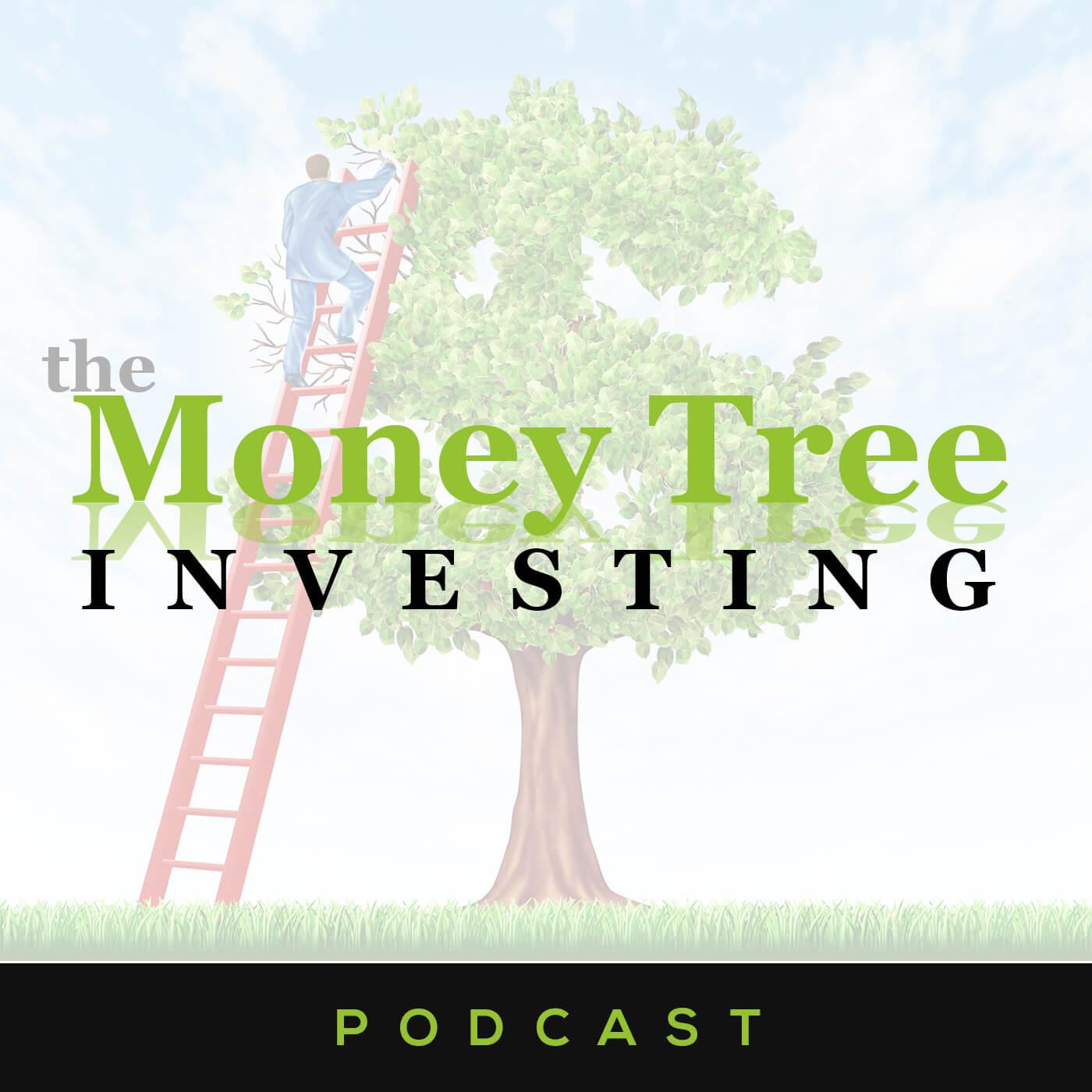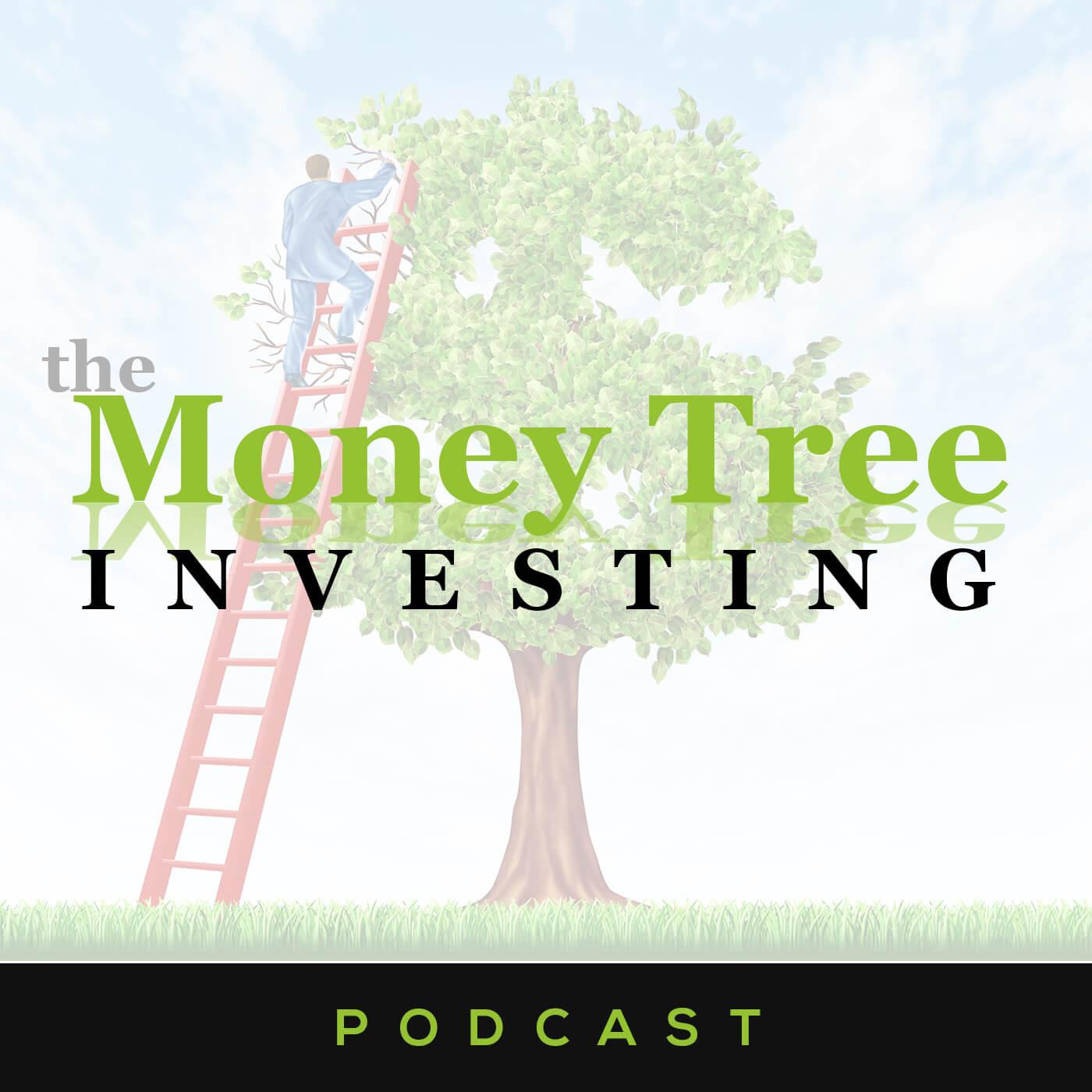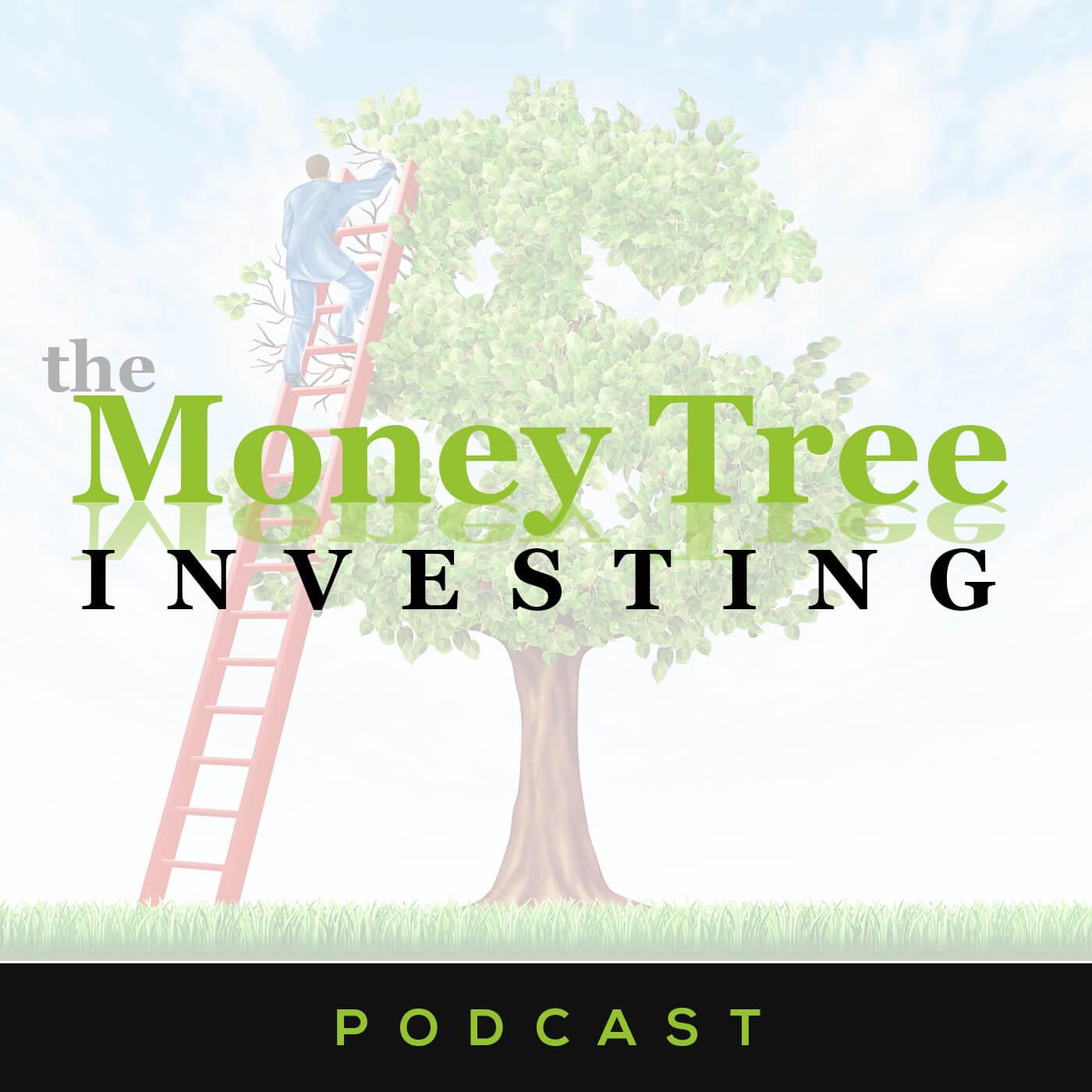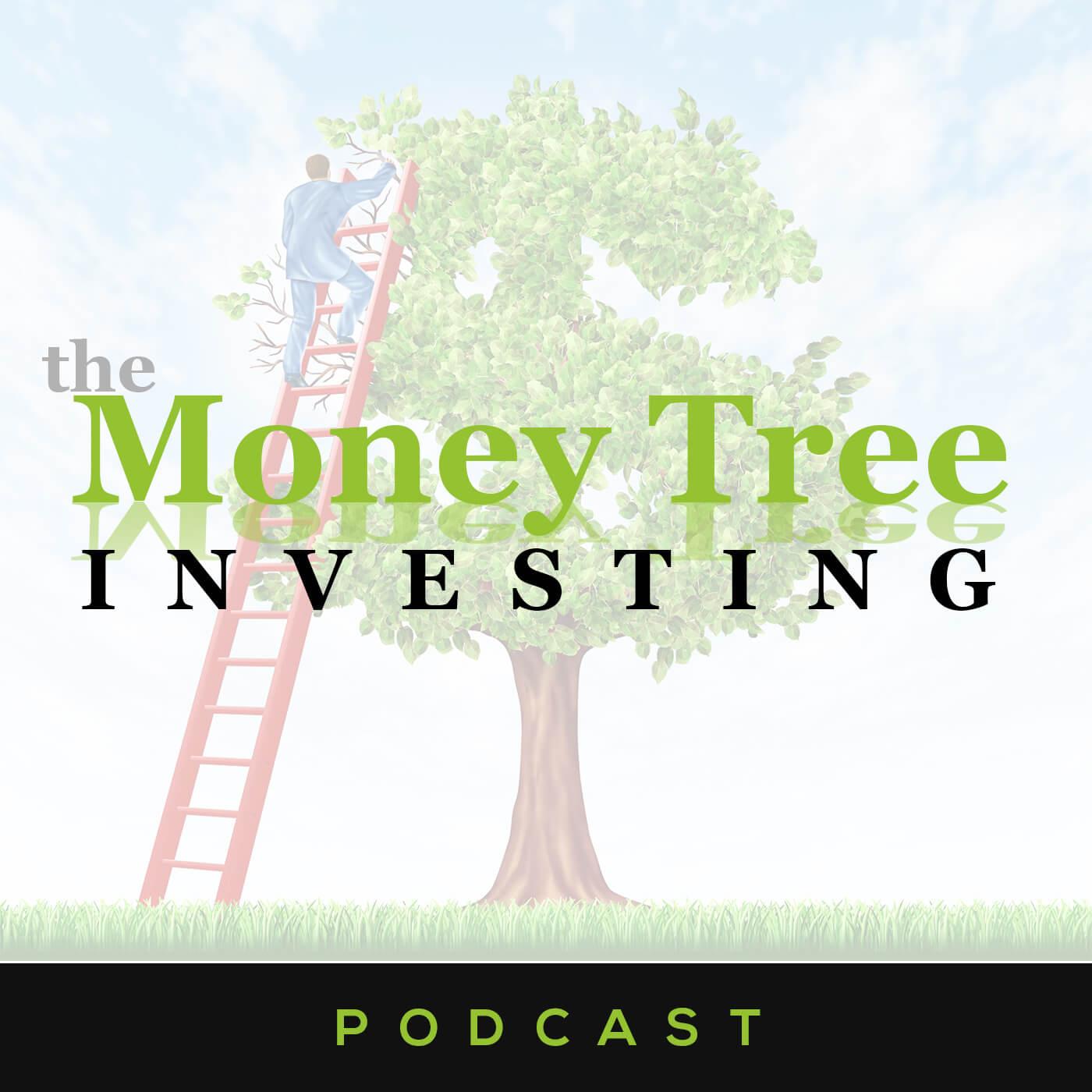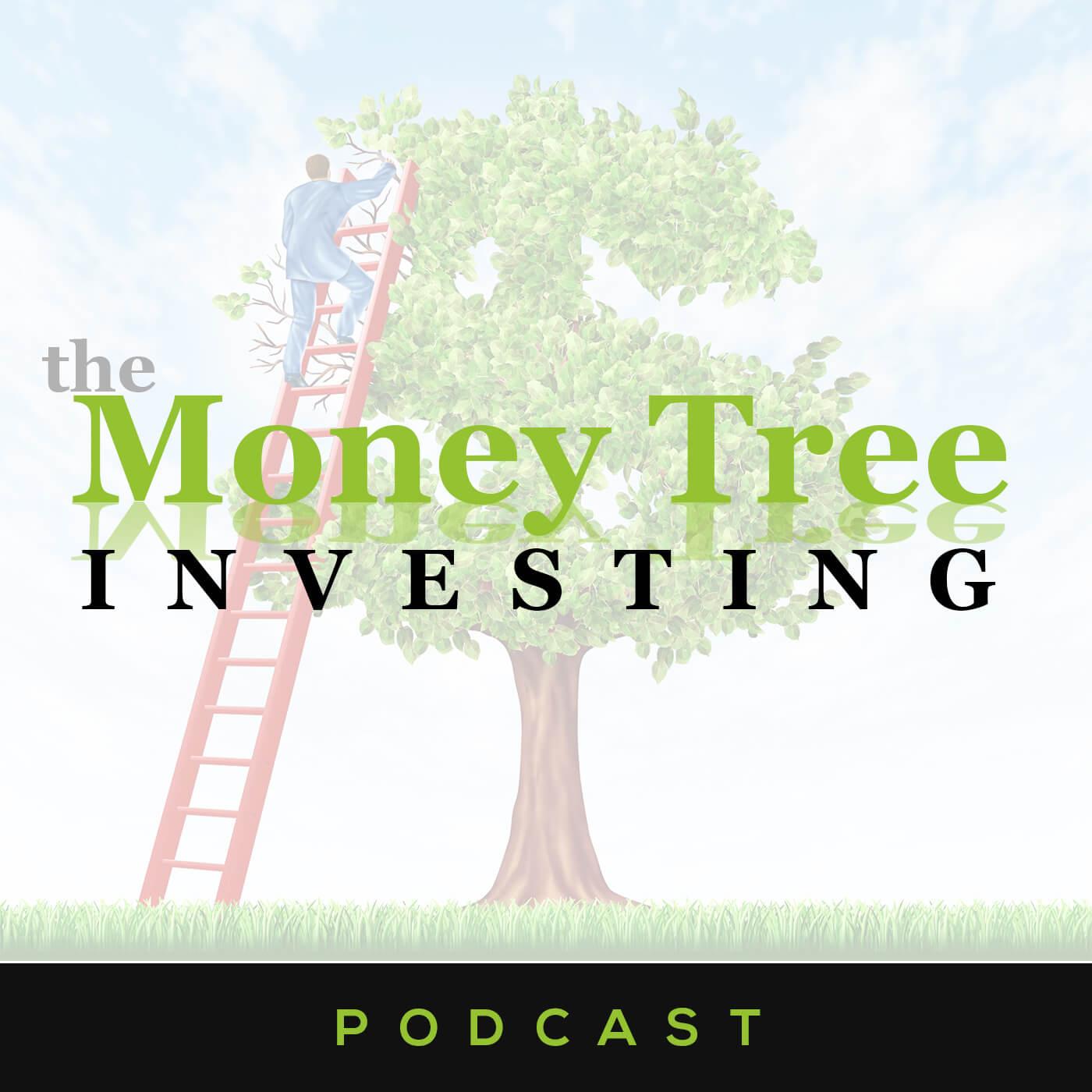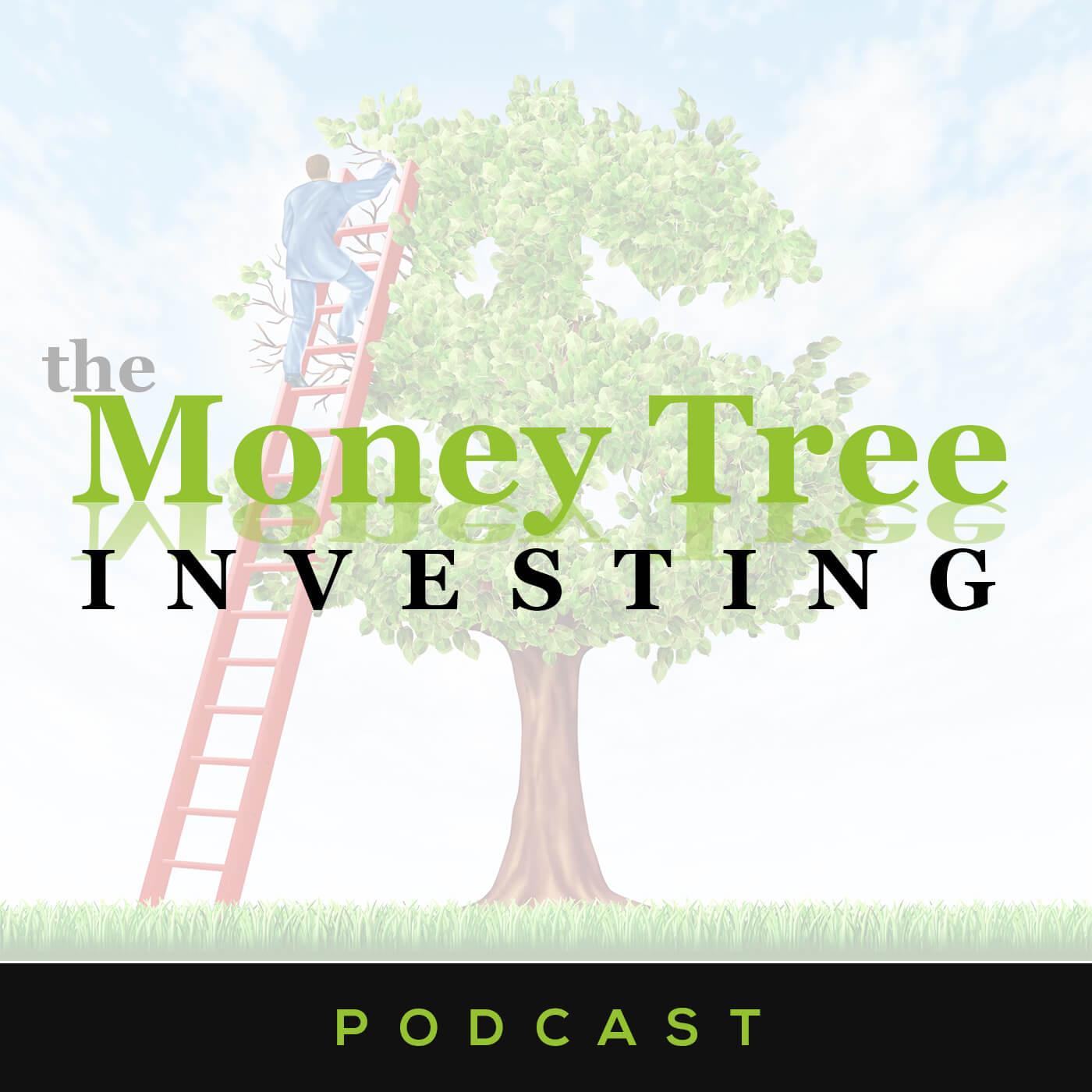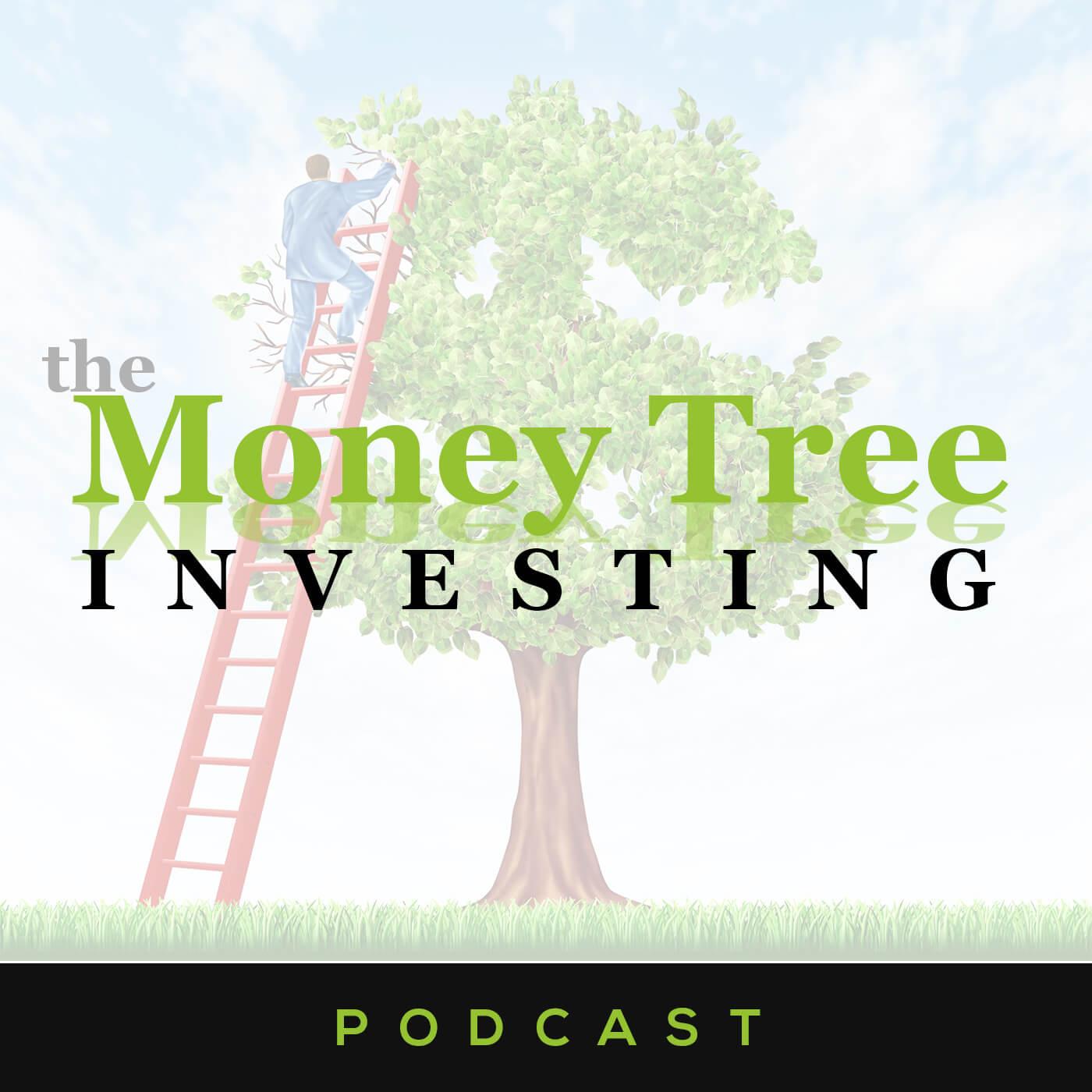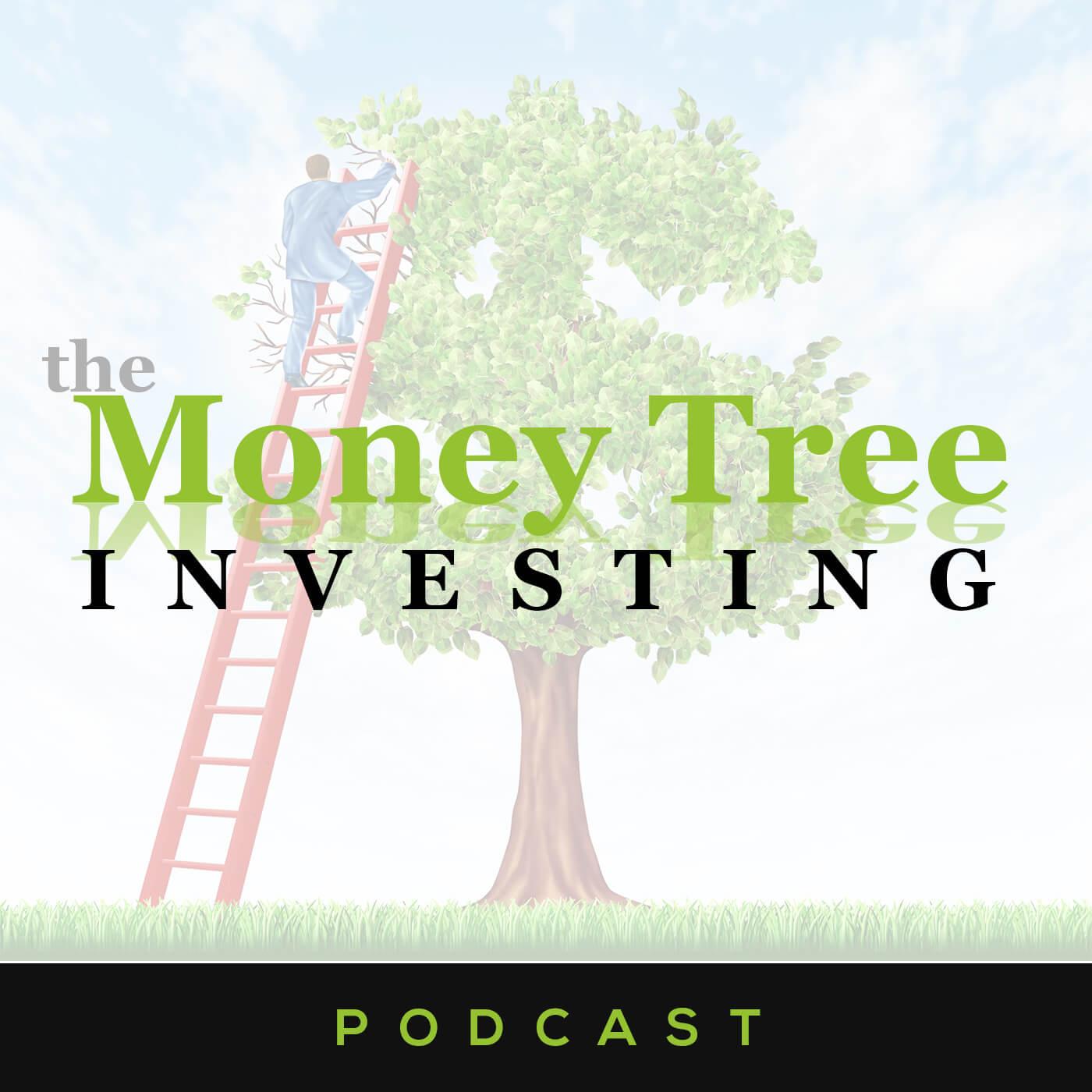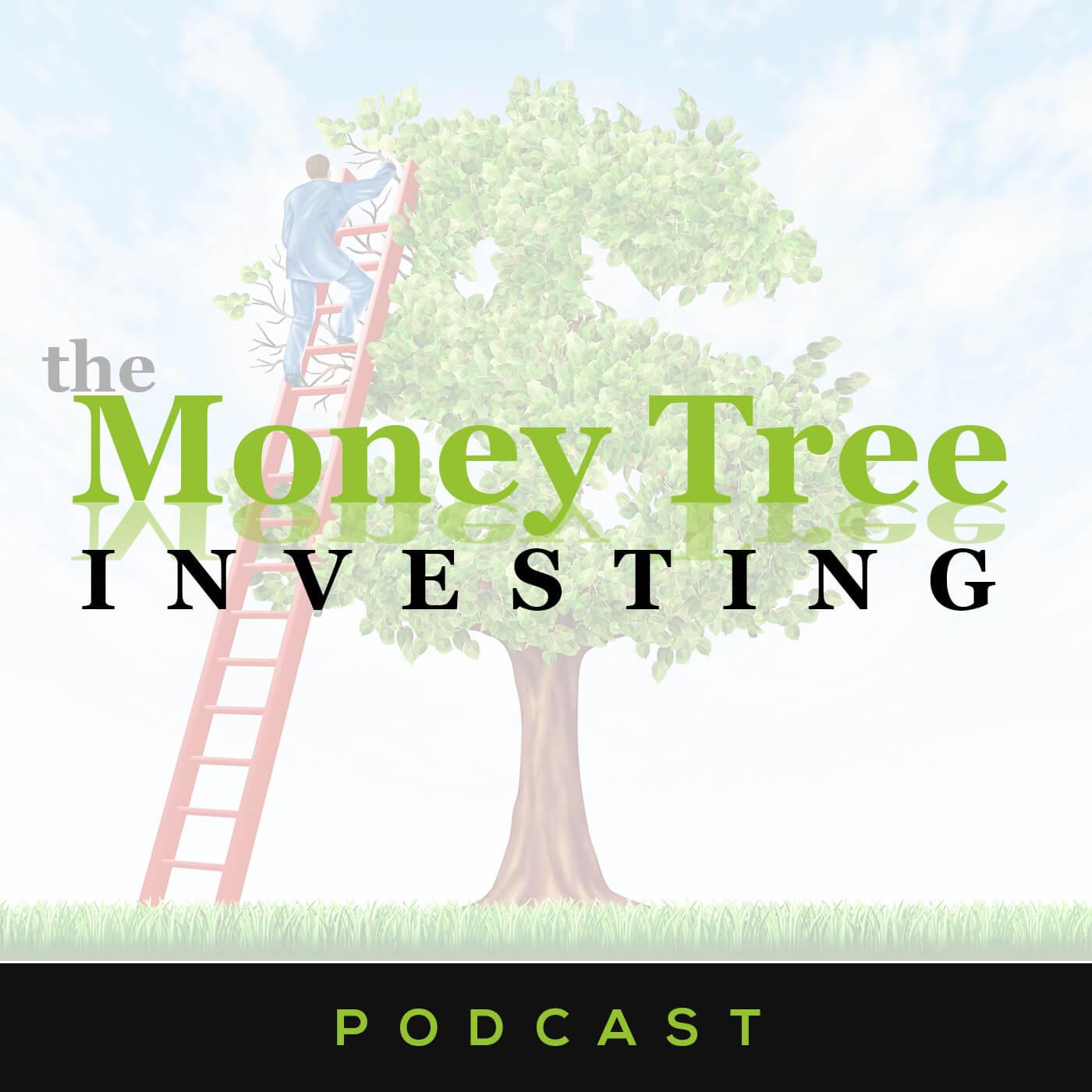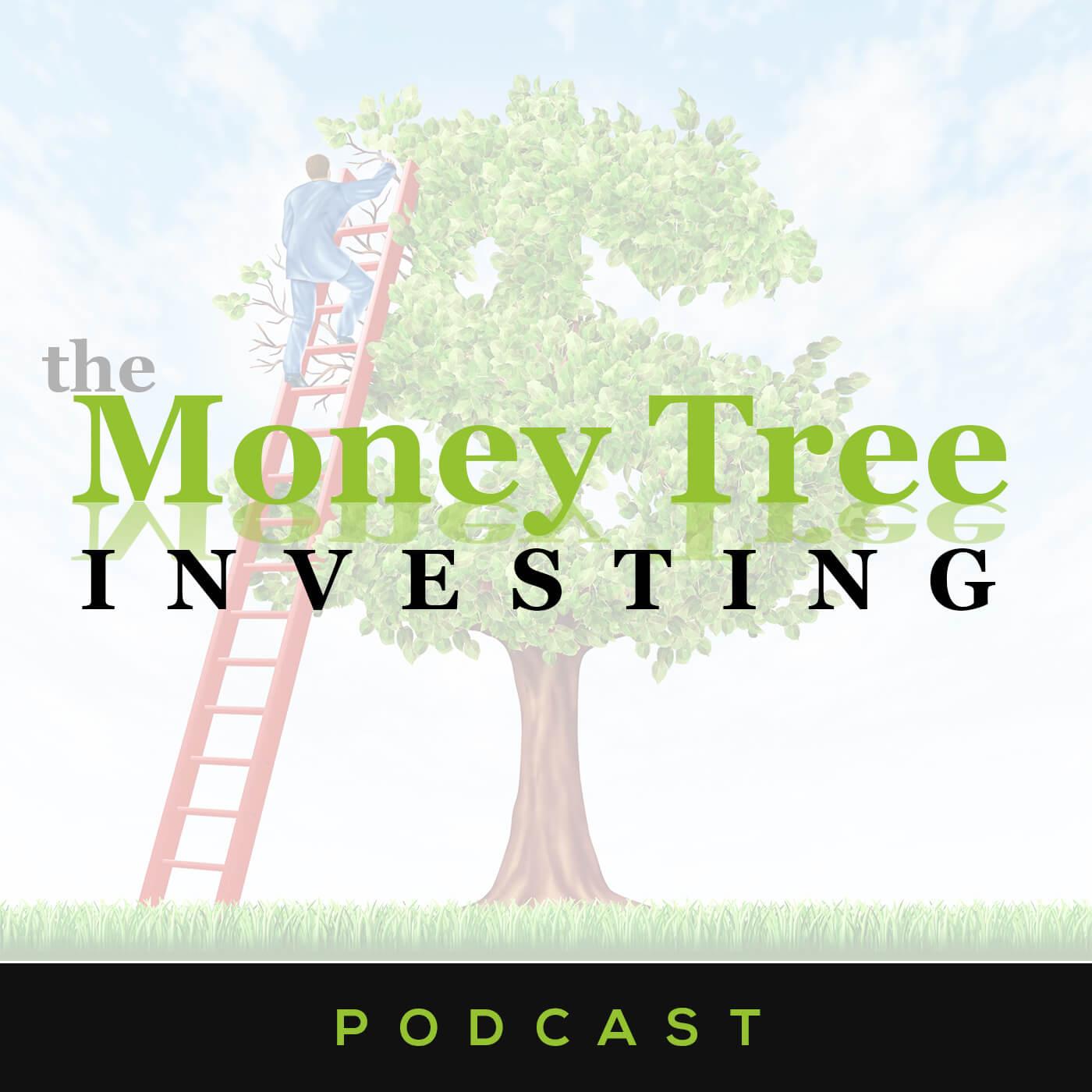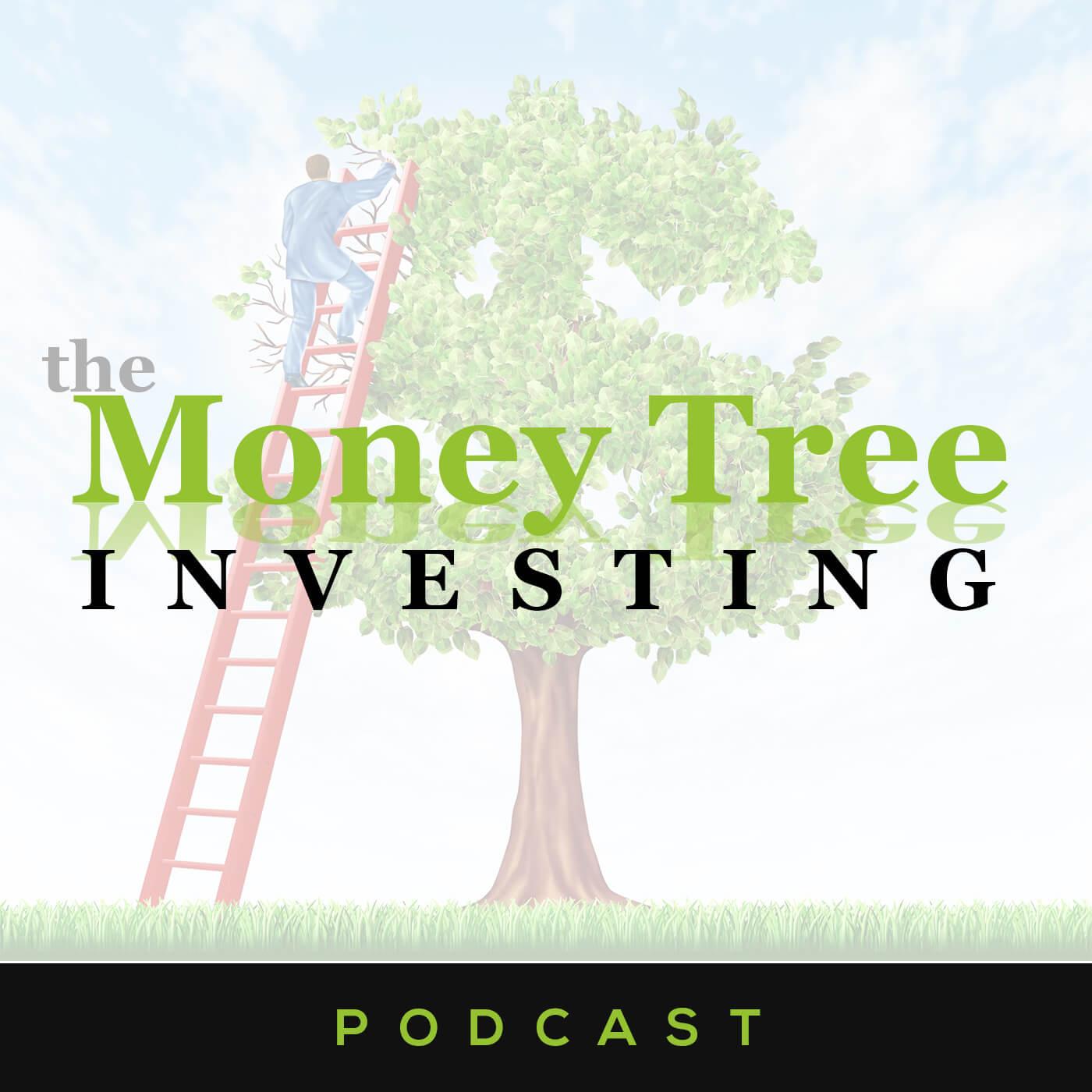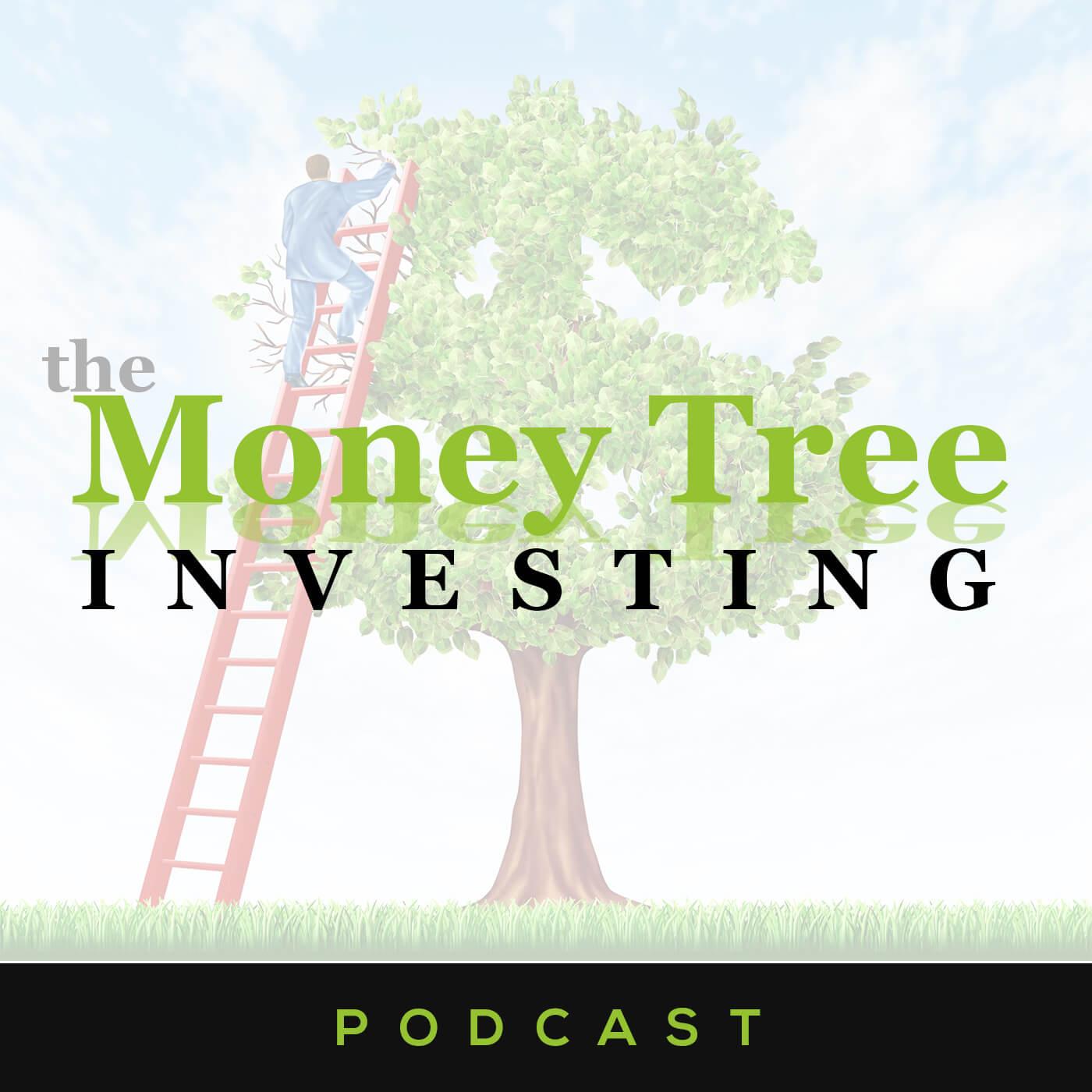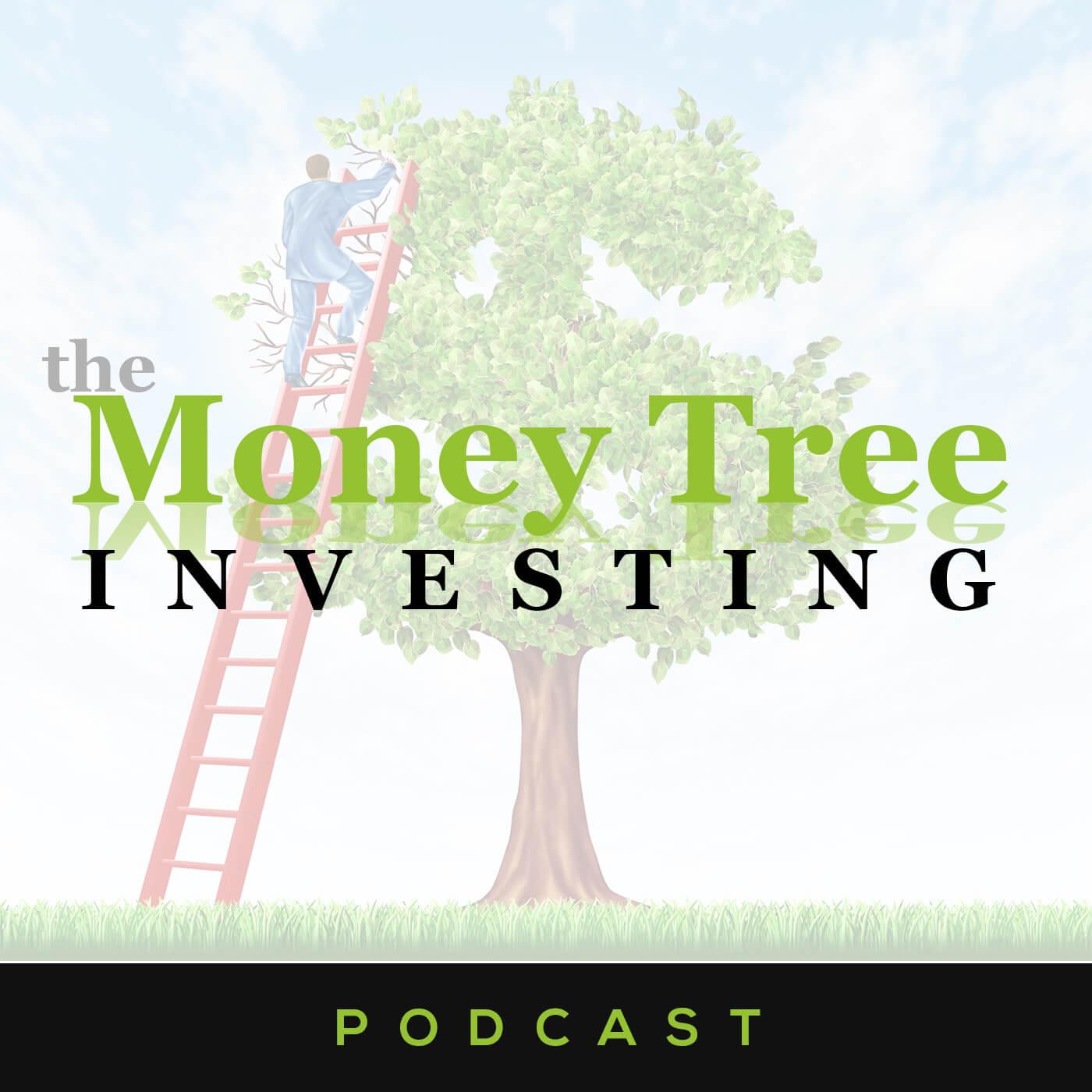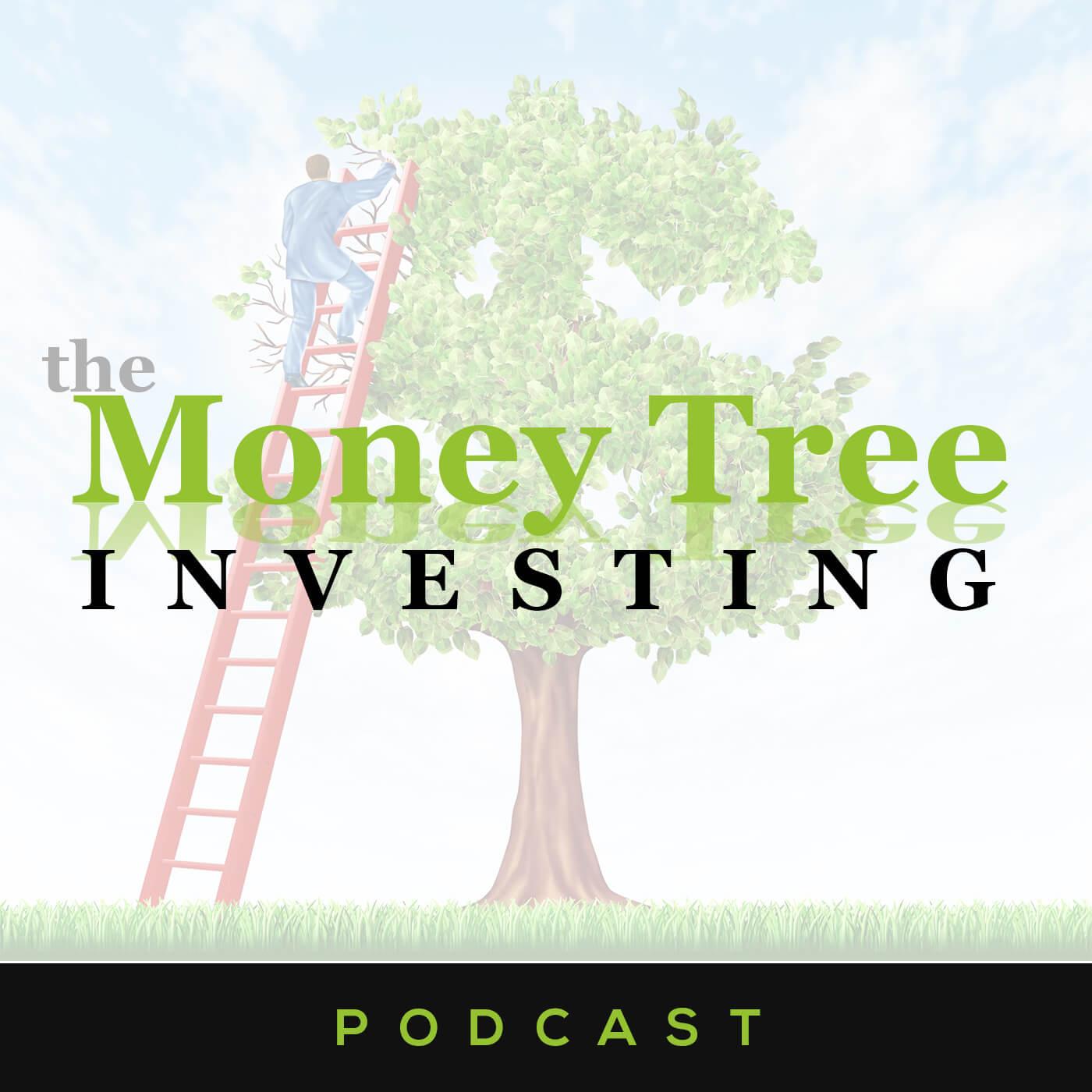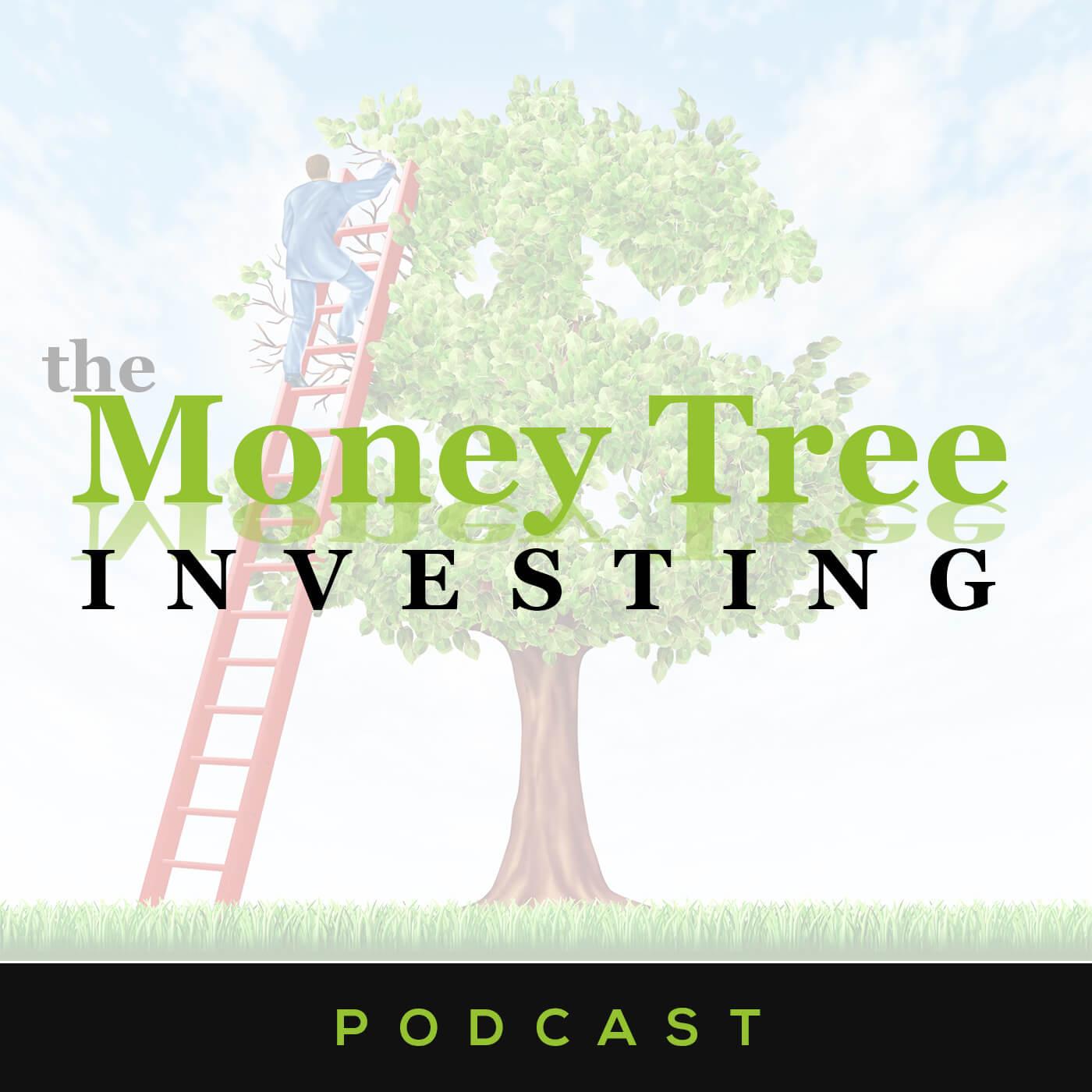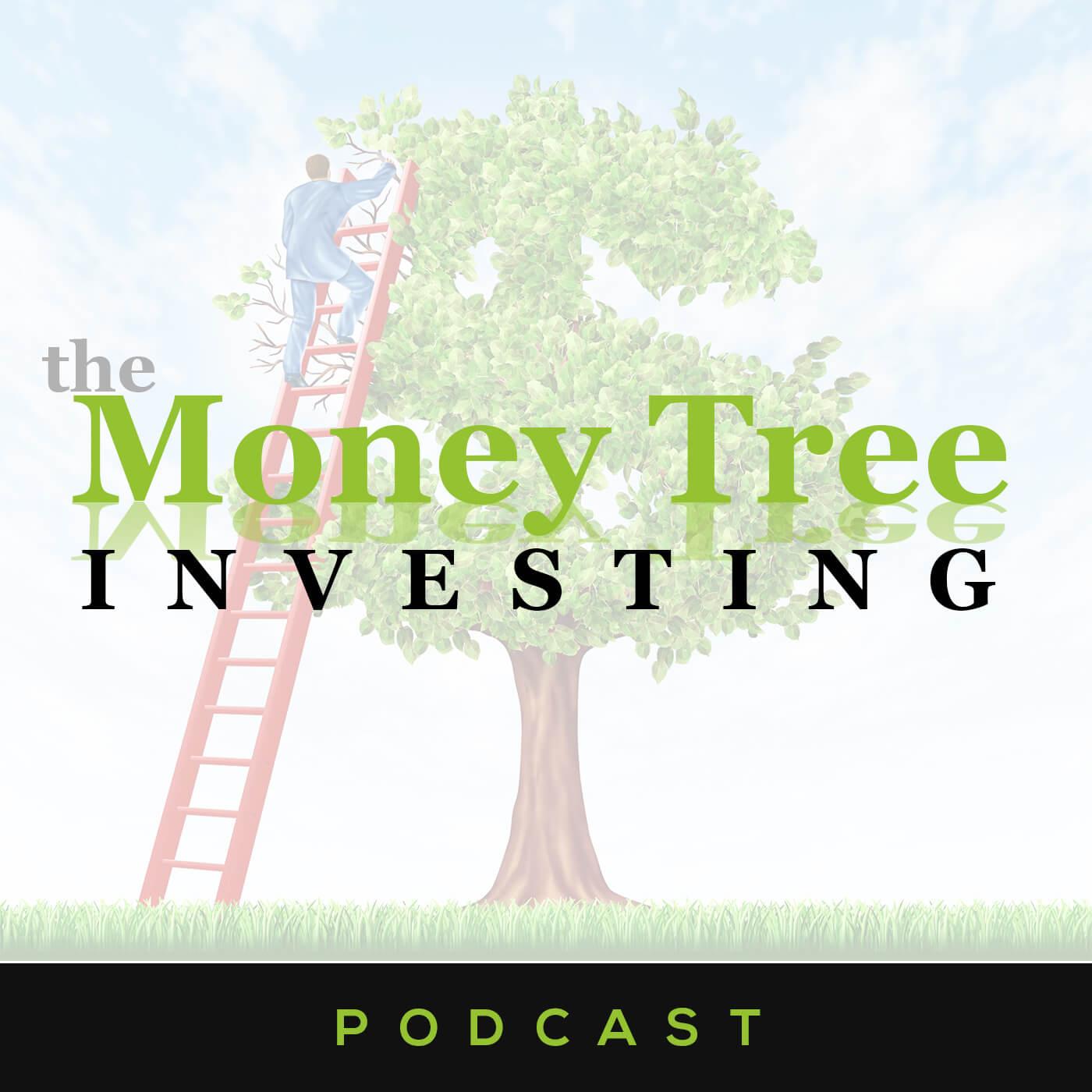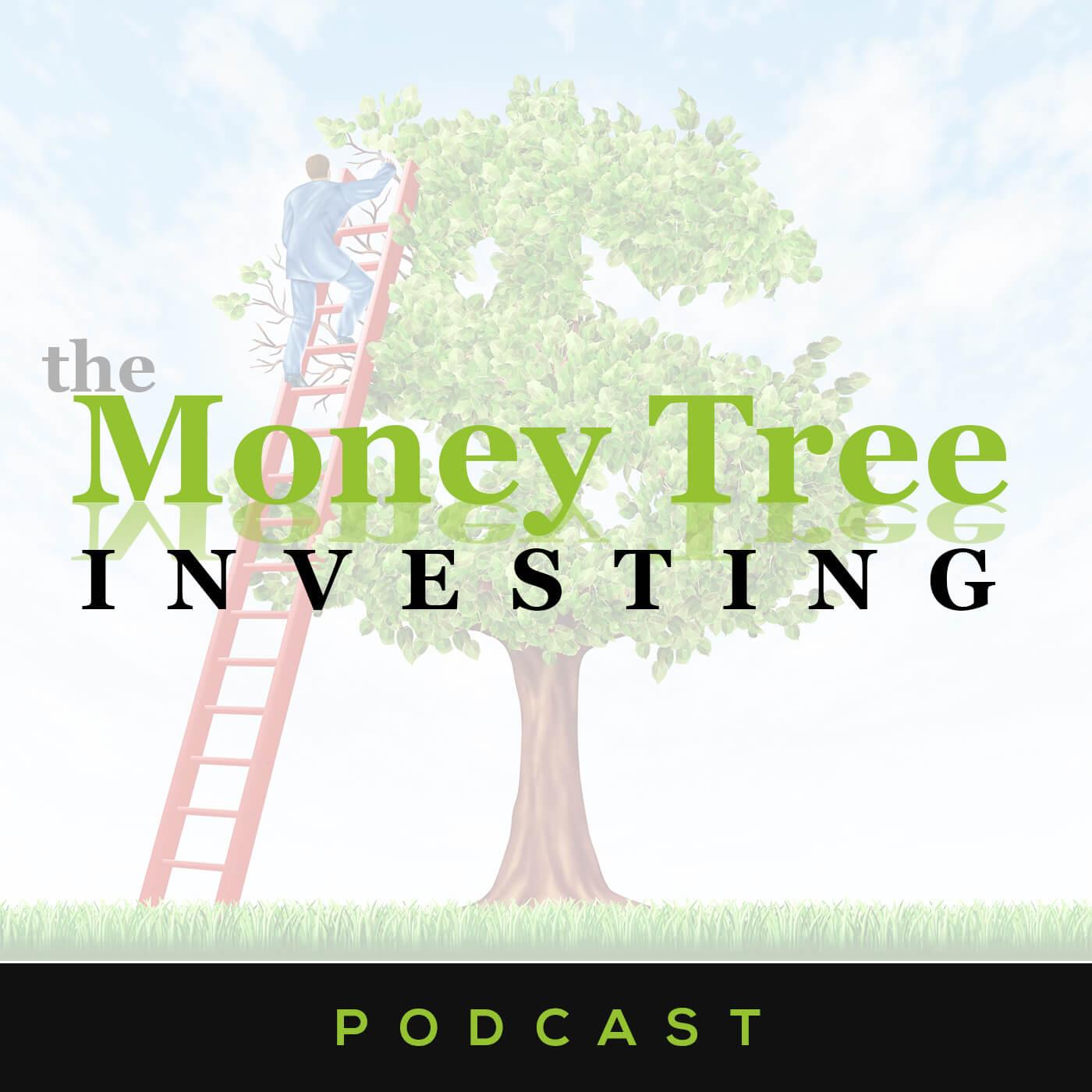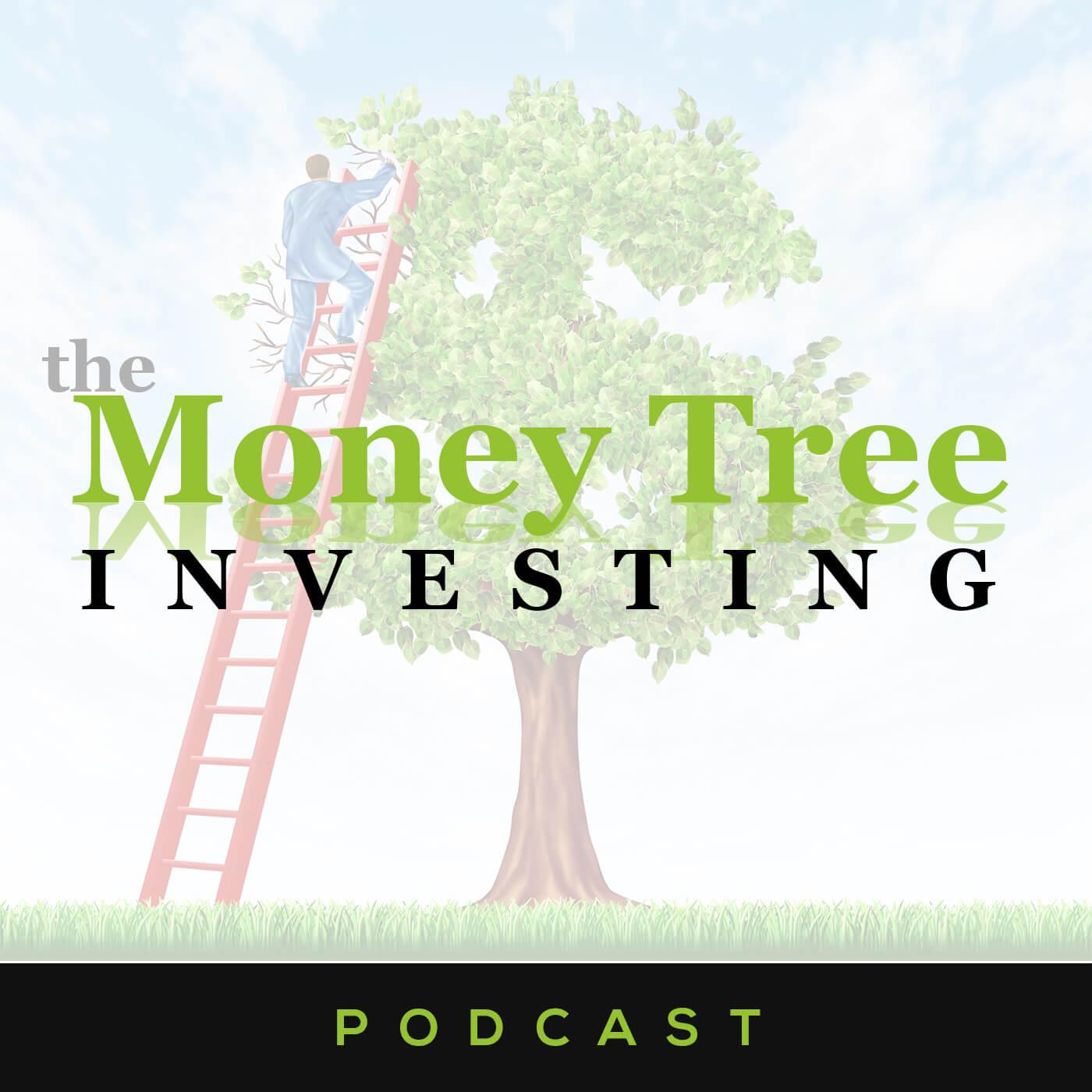Macro Economist Reveals… Global Meltdown Is At Hand
Peter Berezin is here today to discuss the global meltdown that is coming! The chief strategist at BCA Research discusses the potential for an upcoming U.S. recession. Peter predicts that a recession could lead to a significant market crash, even without deep economic downturns, much like the 2001 recession. He also touches on inflation, budget deficits, and the government's ability to counteract economic downturns. Today we discuss... Predictions of a US recession to start later this year or early next year, contradicting the expectation of a soft landing. Economic insulation from job openings and excess pandemic savings is depleting, cooling the economy. Real estate markets, including commercial, residential, and single-family homes, look worrying due to high vacancy rates and rising delinquency. Small regional banks could face problems due to their exposure to commercial real estate, potentially leading to a steady stream of bad news. During a recession, Berezin expects opportunities to buy solid companies at a discount, particularly in tech and healthcare. Inflation is expected to stay under control over the next 12 months due to a weakening economy, falling job openings, and lower wage growth. Peter explains that printing money to finance fiscal deficits can be inflationary, particularly when unemployment rises and fiscal spending increases. The large US budget deficit is troubling, especially as counter-cyclical fiscal policy might be limited during future economic downturns. Concern about the continued printing of money in bad times, potentially leading to economic imbalances like income inequality. Raising taxes is suggested as a possible path forward, though political challenges could impede this. Tax increases are likely if certain tax cuts expire, with potential cuts to defense or social spending as other budget-balancing measures. Concerns about worsening fiscal scenarios prompt the idea of hedging with TIPS and gold. Global markets, especially outside the U.S., are seen as more attractive due to valuation gaps, with emerging markets managing inflation better recently. Commodities, particularly metals, are seen as benefiting from the green energy transition, while oil demand may decrease. Gold is positioned as a hedge against geopolitical volatility and long-term inflation, though rising bond yields have made it less attractive recently. Bitcoin is unlikely to become a central bank asset due to its anonymity and governments' need to monitor and tax transactions. For more information, visit the show notes at https://moneytreepodcast.com/global-meltdown-peter-berezin-646 Today's Panelists: Kirk Chisholm | Innovative Wealth Barbara Friedberg | Barbara Friedberg Personal Finance Phil Weiss | Apprise Wealth Management Follow on Facebook: https://www.facebook.com/moneytreepodcast Follow LinkedIn: https://www.linkedin.com/showcase/money-tree-investing-podcast Follow on Twitter/X: https://x.com/MTIPodcast
 Sign in
Sign in Sign in
Sign in Sign in
Sign in




